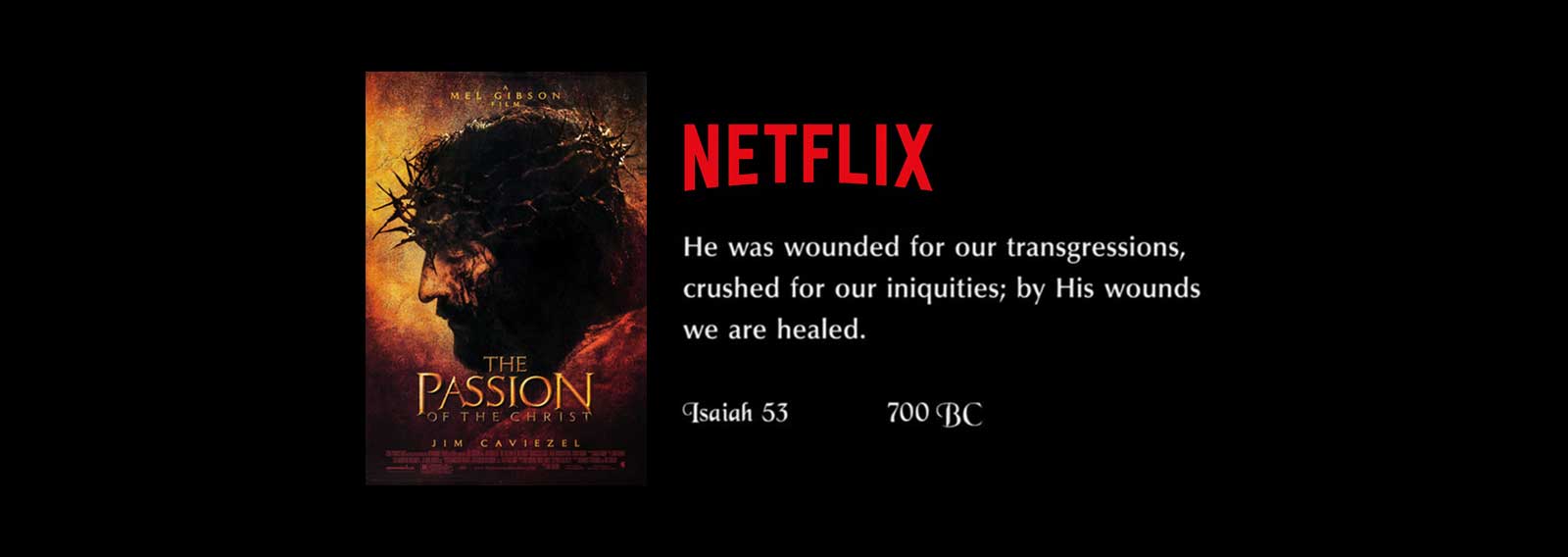I must begin by admitting that I rather mildly fudged my own title. I do indeed want to look at what Jesus and the New Testament have to say about justice but in the more narrow context of the death penalty (DP). But I know full well that certain topics – including capital punishment – will drive some folks ballistic: some who are easily triggered, and who tend to emote with knee jerk-reactions instead of offering careful and intelligent reflection.
So I am protecting myself here a bit. But this is indeed an important topic and one that I have written about often before. Three particular pieces you should be aware of are these:
But here I want to revisit these matters again, and I will further refine things by referring to just one very important volume – a book I did not have when I first penned those earlier pieces. The book is this:
Edward Feser and Joseph Bessette, By Man Shall His Blood Be Shed: A Catholic Defense of Capital Punishment. Ignatius Press, 2017.
Do not let the subtitle put you off. While the authors are American Catholic philosophers and legal experts, their book is excellent for anyone interested in these matters. They of course look at the Old Testament passages on this issue – as have I – but here I want to share some of what they say about the NT data.
I write this in part because I often get critics trying to claim that only the OT pushes this, but things radically change in the NT. I have dealt with such objections before of course, and I believe they are quite mistaken. In part, have a read of these two pieces for more on this:
Lex Talionis and the Old Testament
Lex Talionis and the New Testament
There I discuss important matters such as the continuity and discontinuity between the Testaments. But a major point must again be emphasised: even if the DP is only an OT matter if it is in fact morally wrong – as some believers seek to argue – then we have real problems since it is God himself who initiated it. So was God immoral or mistaken in doing so?
But as I argue here and in earlier pieces, this is not just an OT matter, and the DP is nowhere explicitly condemned or annulled in the NT. Let me then offer some remarks by Feser and Bessette on all this. They first examine some of the biblical data found in the Hebrew Scriptures, beginning with Genesis 9:1, 5-6 of course.
They start their examination of the NT data by looking at the Sermon on the Mount, especially Matthew 5:38-41, a text often used – and abused – by those seeking to abolish the DP. They remind us that it is the same Sermon on the Mount of course where we find Jesus saying he did not come to abolish the law but to fulfil it (Matt. 5:17). They quote from Augustine and then go on to say this:
As Augustine’s reading indicates, Christ’s teaching does not reject the principle that an offender deserves a punishment proportionate to his offense, but presupposes it. The lex talionis principle was intended to ensure that offenders were given a penalty they deserved, as opposed to a penalty that was harsher than what they deserved. Jesus is not denying that this is good. Rather, he is saying that it is even better to forgive an offender altogether. In that way the Mosaic Law, which required just deserts but nothing more, is perfected by Christ, who commends mercy rather than mere justice. But forgiveness and mercy presuppose that the offender really does deserve the punishment we refrain from inflicting.
All the same, Christ’s teaching does not imply that capital punishment (which is not even mentioned in the passage) ought never to be inflicted. To suppose that it does, one would, to be consistent, also have to suppose that Christ would condemn arresting and imprisoning kidnappers, fining thieves, returning fire when bank robbers or invading armies are shooting at us, and so forth. Yet even most opponents of capital punishment who cite the Sermon on the Mount would not advocate pacifism or the abolition of the criminal justice system. In fact, Christ is not directly addressing questions of government and criminal justice in this passage in the first place, but is speaking of the attitude that the individual Christian ought to strive to take toward the injustices he suffers. And that is how the passage has traditionally been understood by Catholic theologians.
As to Matthew 5:21-22, they say this:
Christ’s point is that merely refraining from murdering a person is not good enough and that the moral demands he makes on us are more stringent than his listeners might have expected. It is hard to see in that a reason for giving murderers a less severe punishment than his listeners might have expected. Nor can anyone who threatens “the hell of fire” plausibly be taken to oppose harsh punishments!
Believers who oppose the DP will quite often appeal to the story of the woman caught in adultery (John 8:1-11). I have already spent a fair bit of time on this text, including discussing the manuscript evidence for it. See here.
Feser and Bessette say this in part: “As with the Sermon on the Mount, the passage is not concerned with questions about criminal justice per se in the first place. Nor does Jesus even deny that the particular punishment, in this case, was just. He merely indicates that those who brought the woman forward for stoning were guilty of hypocrisy.”
In a footnote, they remind us of other things to bear in mind: men, as well as women, were subject to the DP for adultery; we do not know if she was given a trial (“Perhaps the story is about the denial of due process”); and Jews were prohibited by Roman law from executing anyone. “Again, there is simply no good reason to think that the point of the passage is to criticize capital punishment per se.”
They mention other passages where the DP is clearly taken for granted, such as Luke 23:41 and Acts 25:11. Another important text is Romans 13:1-4. As seen in my link above, that passage I have also looked at in some detail. In it, I show that the phrase “bearing the sword” has long been seen as a reference to the state’s right to execute criminals.
The authors fully concur. They mention a host of church fathers who took this view, including Tertullian (who is commonly understood to oppose the DP), Origen, Ambrose, and Augustine, as well as people like Aquinas. They then spend some time interacting with those who reject such an interpretation of Romans 13.
One author for example seeks to claim that this portion of Scripture “was not intended by Saint Paul as a timeless statement on the nature of state authority, but rather an ad hoc way of dealing with a local political problem facing the Christian community in Rome in the 50s.”
They note some major problems with this view, and say this, among other things:
Romans 13 has traditionally and consistently been understood as putting forward moral principles concerning state power in general and capital punishment in particular, not merely as an ad hoc response to a local set of problems concerning taxation. Hence, in the absence of some decisive argument against this traditional understanding of the passage, the traditional interpretation must stand as authoritative.
The authors finish this portion of their book with these words:
We conclude that the clear, consistent teaching of Scripture is that capital punishment is in principle legitimate and that none of the arguments that attempt to show otherwise have any force. Since the Church maintains that scriptural teaching on matters of faith and morals is divinely inspired and inerrant, we conclude also that, for this reason alone, the radical claim that capital punishment is always and in principle wrong simply cannot be made consistent with Catholic orthodoxy. But this judgment is further reinforced by the consistent teaching of the Fathers and Doctors of the Church, the popes, and authoritative ecclesiastical documents.
As should be clear, there is much more that can be said on these issues. As mentioned, one need not be a Catholic to appreciate this book and what it has to offer. And my 26 articles on the topic are quite wide-ranging and detailed in what they present. You will find them here.
But this piece was meant to showcase the very helpful and incisive book by Feser and Bessette. It is my hope that an article like this will spur you on to get a copy of it for yourself. The 400-page volume is very much worth adding to your reading list.





















